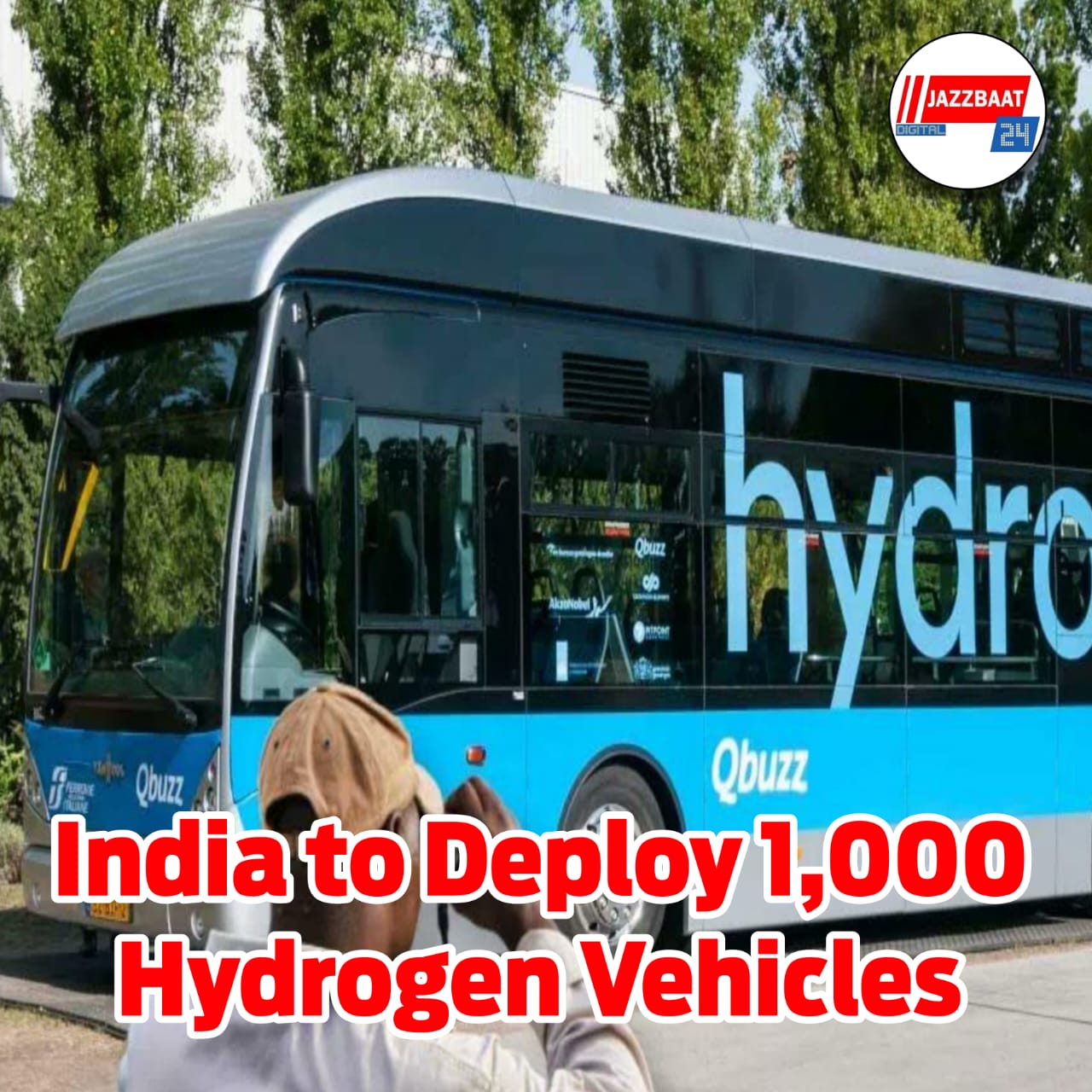
New Delhi, June 6, 2025
As part of its National Green Hydrogen Mission (NGHM), India has declared its intention to introduce more than 1,000 hydrogen-powered buses and trucks by 2030. Initiated on January 4, 2023, and funded by ₹19,744 crore through FY 2029–2030, the NGHM seeks to establish India as a major producer and exporter of green hydrogen, decrease imports of fossil fuels, and hasten the decarbonization of heavy-duty transportation.
Five pilot projects spanning ten major routes were approved by the Ministry of New and Renewable Energy (MNRE) in March 2025. 37 hydrogen-fueled vehicles will be introduced through these pilots, including 22 vehicles with hydrogen internal combustion engines and 15 fuel-cell buses and trucks. Nine hydrogen refueling stations will be installed alongside the cars in places like Ahmedabad–Vadodara–Surat, Pune–Mumbai, and Greater Noida–Delhi–Agra. These pilots, for which the MNRE has approved ₹208 crore, should be put into service in 18 to 24 months.
Pilot-project contracts have been given to prominent industry players, such as IOCL, BPCL, NTPC, Ashok Leyland, HPCL, Reliance Industries, and Tata Motors. IndianOil has launched the nation's first green hydrogen-powered city bus, and Tata Motors has already started testing 16 heavy-duty hydrogen trucks on key freight corridors. These pilots will show the technical viability, safety, and economic viability of hydrogen transportation under practical circumstances, according to Union Minister Nitin Gadkari.
India must quickly increase electrolyser capacity and refueling infrastructure in order to meet the 1,000 vehicle target by 2030. To compete with traditional fuels, the cost of producing green hydrogen, which is currently between US $3.5 and $5 per kilogram, needs to be lowered to less than US $2 per kilogram. The government intends to provide tax breaks, promote collaborations at industrial clusters, and subsidize the production of hydrogen as well as the construction of stations. It is anticipated that the deployment of more than 1,000 hydrogen buses and trucks by 2030 will reduce urban air pollution, generate employment in the clean energy industry, and draw investments in related renewable energy capacity. India might become a global leader in the hydrogen economy if it is successful.